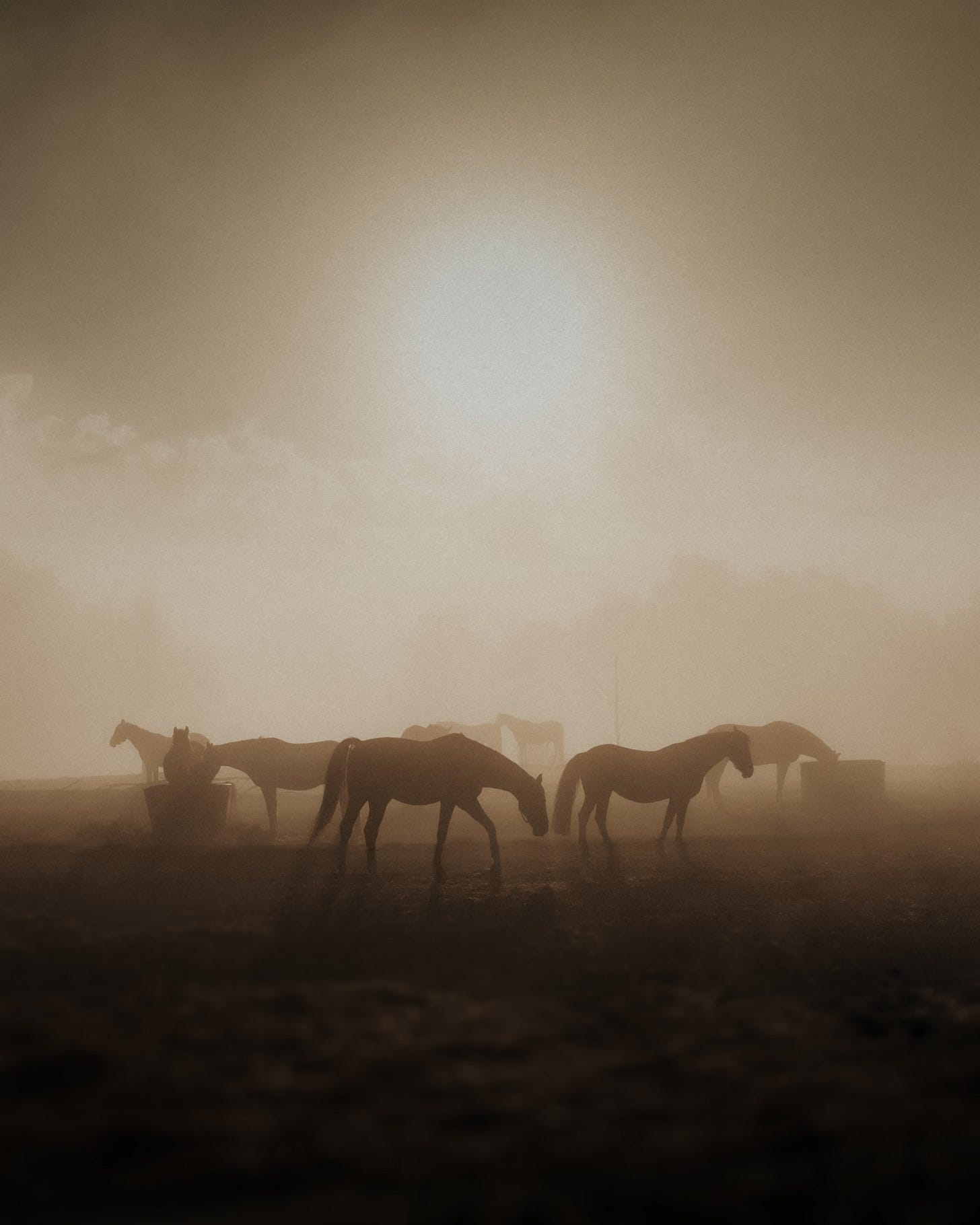Full Circle Tension
What Makes a Poem Echo Long After You Read It
Photo by 🇸🇮 Janko Ferlič on Unsplash
Someone recently asked me about my favorite beginning of a poem. While favorite is a nearly impossible question, in preparation for this Sunday’s Beginnings and Endings workshop, I have spent the last month asking:
What makes a beginning and/or ending last?
How does a poem garner the power to make people literally sigh after it ends?
What makes a poem so remarkable that a line, image, or moment echoes years after you read it for the first time?
For the upcoming workshop, I’m whittling my list down to 10 specific moves. But there is always one poem with a beginning and ending so compelling and unexpected that I just have to write about it.
Read the poem below by US Poet Laureate Ada Limón.
Keep reading with a 7-day free trial
Subscribe to The Poetry Coach with Kelly Grace Thomas to keep reading this post and get 7 days of free access to the full post archives.


